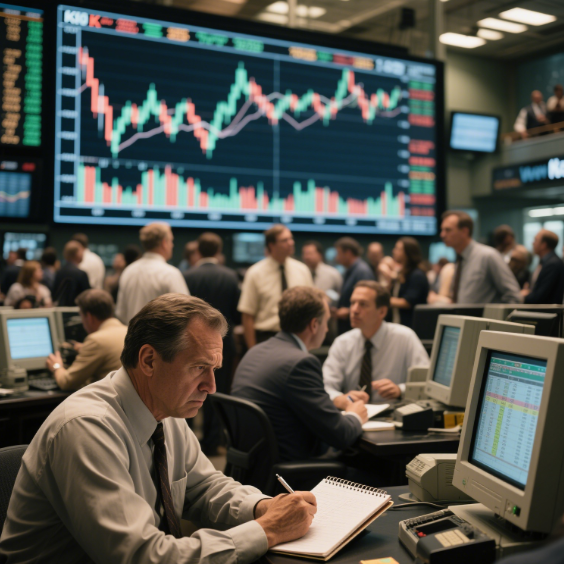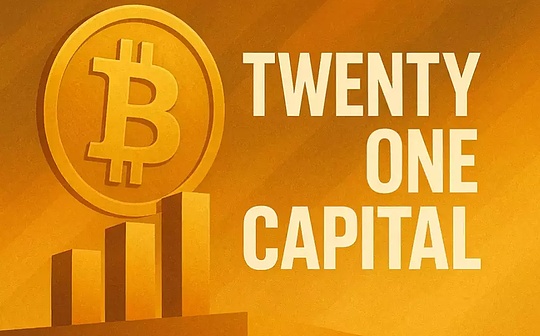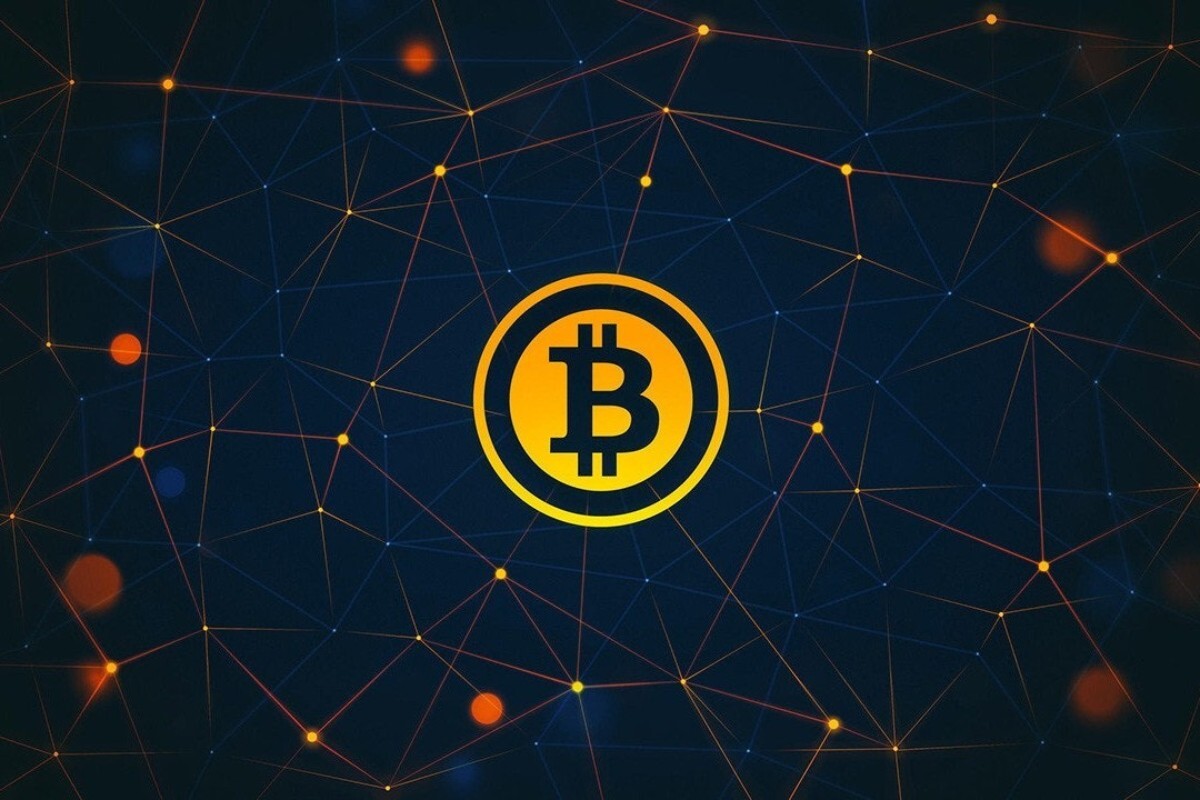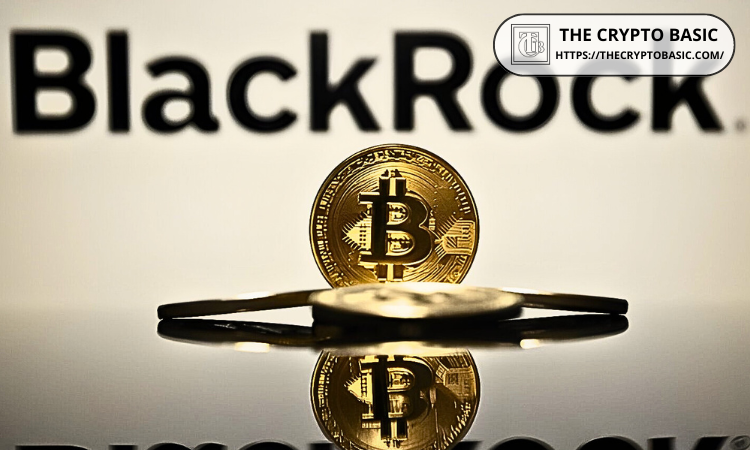A Game for the Brave or a Battlefield for the Rational?
Crypto friends, have you ever stared at Bitcoin's candlestick charts all night while also checking U.S. stock trends at 3 a.m.? On one side lies the wealth frenzy driven by blockchain technology; on the other, the fortress of value built by corporate earnings reports. The clash between these two realms goes far beyond the simple term "volatility."
Some say trading Bitcoin is betting on humanity's faith in decentralized technology, while stock trading gambles on a company's future. But the truth lies in the details—behind Bitcoin's 24/7 price fluctuations lurk global policy wars and hacker attacks, whereas stock price limits hide industry cycles and accounting frauds. Today, we tear off the masks of these two investment worlds to see who truly reigns as the King of Risk.

Trading hours and market
Firstly, there is a significant difference in trading hours. The stock market has fixed trading hours, usually in the morning and afternoon on weekdays, with a lunch break, and it closes on legal holidays. It's like an office worker with a regular work schedule. On the other hand, Bitcoin trading is available 24 hours a day, 365 days a year. It's like a convenience store that never closes, allowing you to trade at any time. This means that Bitcoin traders can react more flexibly to market changes, but it may also make them overly stressed due to constant monitoring of the market.
In terms of the market scope, the stock market is usually regulated by countries or regions, and different stock markets have their own rules and characteristics. For example, the A - share market has price limit regulations, which can control risks to a certain extent. The Bitcoin market is global and lacks a specific regulatory body for comprehensive supervision. Its price is affected by various global factors and fluctuates more violently.
Price fluctuations and risks
Bitcoin is well - known for its large price fluctuations. In the past few years, Bitcoin's price could rise or fall significantly in a short period. Sometimes, the price can change by dozens of percentage points or even more in a single day. This kind of sharp fluctuation is as exciting as riding a roller - coaster, which may make you extremely rich overnight or cause you to lose all your money. In contrast, although stocks also fluctuate, the amplitude is generally relatively small. The stock market has various regulatory and circuit - breaker mechanisms to stabilize the market and reduce risks.

From a risk perspective, the risk of Bitcoin is significantly higher. On the one hand, its price fluctuates greatly and is highly uncertain. On the other hand, there are many unknown factors in the Bitcoin market, such as technical security issues and policy risks. Currently, the attitudes of many countries towards Bitcoin are still unclear, and policy changes can have a huge impact on the Bitcoin price. After years of development, the stock market has a relatively complete legal and regulatory system, and the risks are relatively controllable.
Investment thresholds and information access
To trade stocks, you generally need to open an account with a securities company, and there is a certain capital threshold. Moreover, the prices of different stocks vary, and some high - priced stocks may require a large amount of capital to buy. At the same time, the information in the stock market is relatively transparent. Listed companies are required to disclose financial statements regularly, and investors can obtain this information through various channels for analysis.
The threshold for trading Bitcoin is relatively low. You only need to register an account on some trading platforms to start trading. However, it is relatively difficult to access information in the Bitcoin market, and it's hard to judge the authenticity and reliability of much of the information. Also, the speculation atmosphere in the Bitcoin market is stronger, and it is easily affected by various rumors and false information.

In conclusion, there are significant differences between trading Bitcoin and stocks in terms of trading hours, price fluctuations, risk levels, investment thresholds, and information access. Although Bitcoin may bring higher returns, it also comes with higher risks. For novice investors, it is recommended to start with the stock market, accumulate some investment experience, and then carefully consider whether to enter the Bitcoin market. After all, the primary principle of investment is to ensure the safety of funds.
















No comments yet